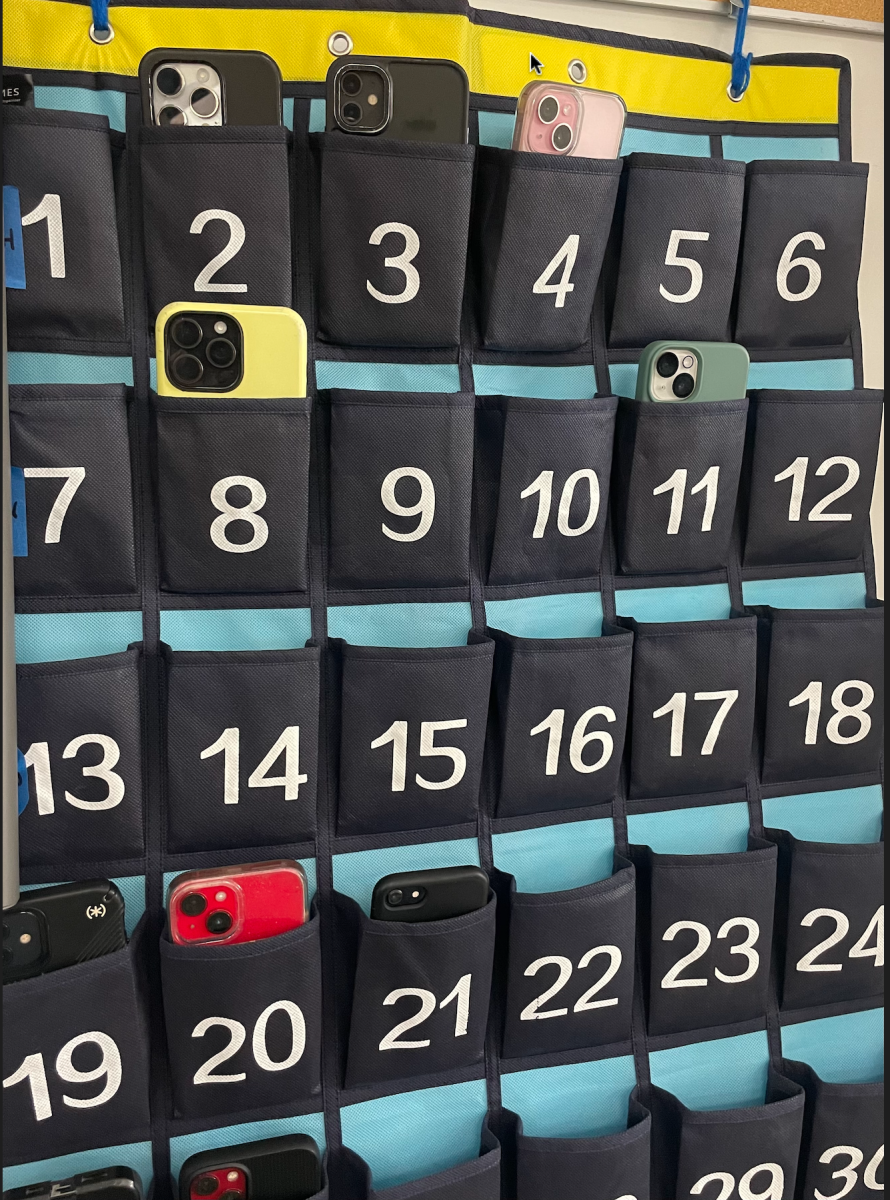A common issue for today’s generation is a lack of self-advocacy for themselves and others. In many communities, the resources that are taken for granted are the ones that often help kids learn the importance of self-advocacy and advocating for others. As a result, schools should have mandatory classes that teach students the skills needed to become better leaders and advocates.
A survey done by the Pew Research Center, a nonpartisan group that informs the public about issues, attitudes, and trends, found that in 2023, “53 percent of adults chose not to participate in leadership because they didn’t want to; in addition, 19 percent said they had no opportunities.”
Leadership and advocacy programs should be provided in all communities and schools to ensure that all kids are given the resources to succeed as they get older.
Prior Lake High School does have several organizations such as Laker Leaders, Junior Optimists, National Honor Society, and a variety of other student-led clubs where students do have the opportunity to learn leadership and advocacy skills.
However, having required classes for all students, especially those who do not participate in any clubs, would help cement those leadership ideals and skills that they can use as they move ahead in life. Providing students with this opportunity would help to create an environment where they feel that they can speak on issues that are important to them and learn how to advocate for themselves.
Classes on advocacy are not only for leadership skills, but they can also help develop skills on how to socialize, work as a group, and communicate when issues arise.
The lack of leadership and advocacy involvement can also be seen at the college level. A survey conducted by Inside Higher ED, a website that provides feedback to the higher education community, found that a survey group of 3000 kids showed that only around 34 percent of college students are a part of extracurriculars whereas 57 percent are not and only 9 percent plan to.
Learning to be a leader is not only participating in activities or learning advocacy. It is understanding how to work with others and speak up if something isn’t working correctly. Encouraging students to join clubs helps build community and reinforce the skills learned.
The reality is that having mandatory classes in advocacy and leadership would not only decrease the number of young adults who are not a part of leadership activities, it would create a solid foundation for future leaders to build from. Even if they don’t pursue leadership in the future, they would still have the skills to be successful anywhere.









